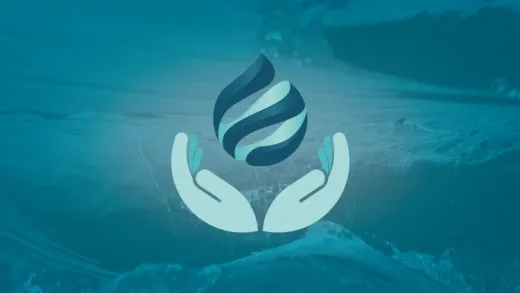Brief Summary
This course dives into the fascinating 10,000-year story of how humans relate to water. It explores our evolving attitudes, historical events shaping our views, and the looming water crisis we face today. You’ll see water like never before!
Key Points
-
Water's historical significance in human life over 10,000 years.
-
Changing attitudes towards water and its management.
-
Impact of major events on current water perceptions.
-
The global water crisis and future prospects.
-
Interdisciplinary approach: archaeology, hydrology, anthropology.
Learning Outcomes
-
Understand the historical significance of water.
-
Analyze the evolution of human-water relationships.
-
Identify key events influencing modern water views.
-
Discuss current global water challenges.
-
Explore interdisciplinary perspectives on water.
About This Course
Facts and information about water and the story of changing human relationships with water over the past 10,000 years.
A Faculty Project Course - Best Professors Teaching the World
Water. It caresses and comforts us, provides sustenance and refreshment, is something that humanity has cherished since the beginning of history, and means something different to everyone else. Yet the historical facts and information about water remains little known.
Water tells the story of changing human relationships with water over the past 10,000 years and tries to answer some basic questions:
How have human attitudes to water changed since people first began to manage their water supplies?
What major events in the past have defined our present relationship to water, not as something revered, but treated as an anonymous commodity?
Why are we now facing a global water crisis and what are prospects for the future?
This is the story of gravity and human ingenuity, of irrigation and aqueducts, of humble farming villages, ancient cities, and the rise and fall of civilizations. We draw on archaeology and hydrology, on anthropology and ancient oral traditions, on classical literature and Islamic agriculture—on a broad array of scientific inquiries in many languages and in all parts of the world.
Taking this course will make you look at water in an entirely new way.




Grisperalta123
The teacher is highly qualified and his lectures are both interesting and easy to follow.